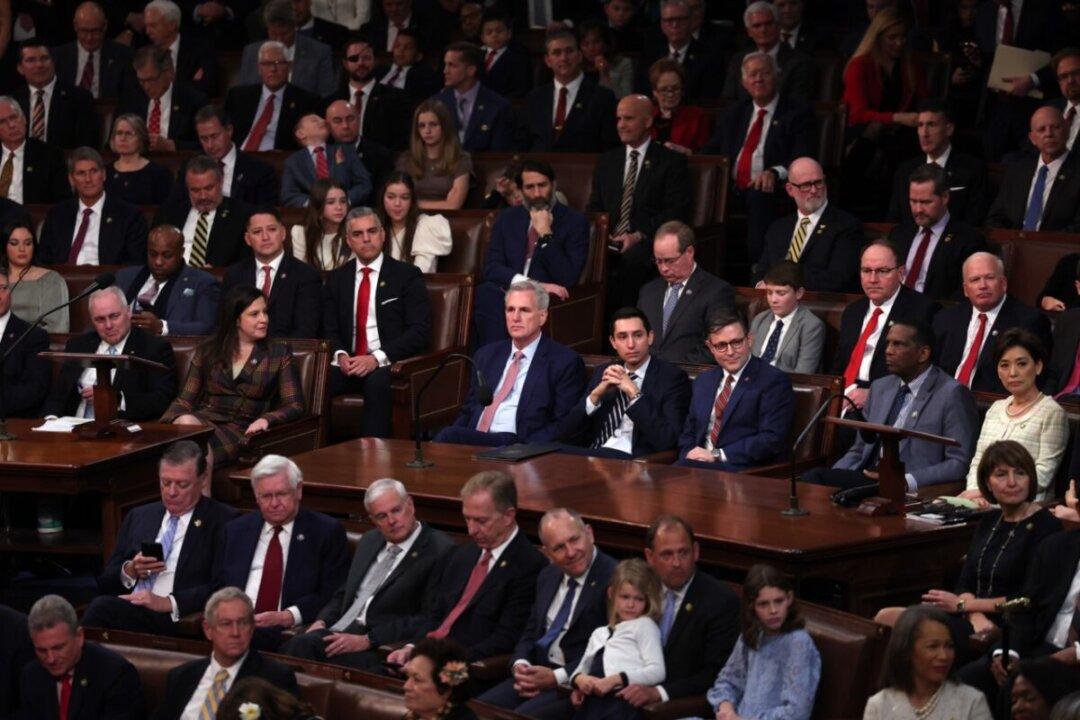News Analysis
Republicans hold only ten more seats than Democrats in the 118th Congress, making passing legislation a challenging task without the assistance of moderates in the House, lawmakers from both parties told The Epoch Times.

Republicans hold only ten more seats than Democrats in the 118th Congress, making passing legislation a challenging task without the assistance of moderates in the House, lawmakers from both parties told The Epoch Times.